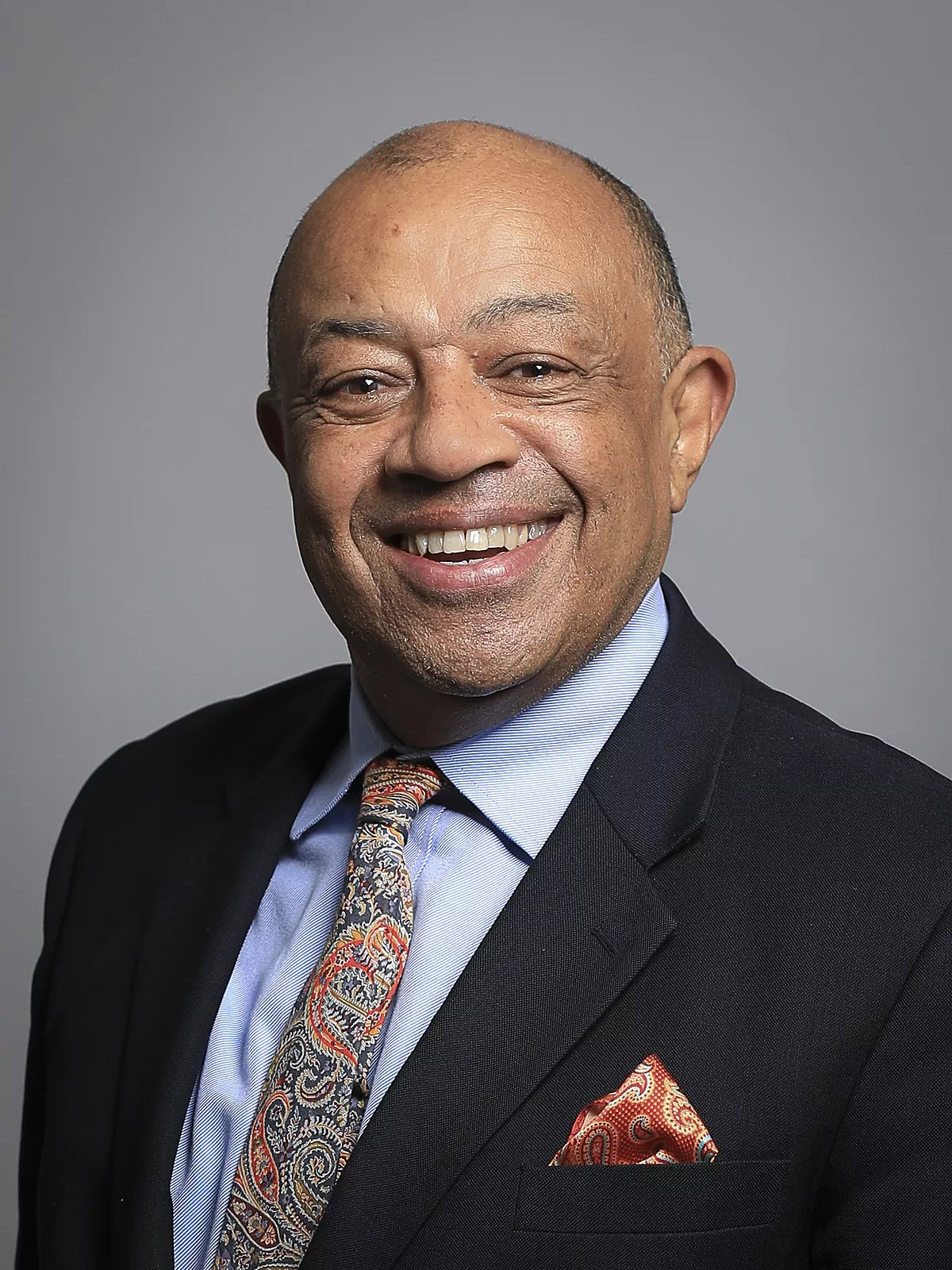 1.
1. Paul Boateng was introduced as a member of the House of Lords on 1 July 2010.

 1.
1. Paul Boateng was introduced as a member of the House of Lords on 1 July 2010.
Boateng was born in Hackney, London, of mixed Ghanaian and Scottish heritage; his family later moved to Ghana when Boateng was four years old.
Paul Boateng's father, Kwaku Boateng, was a lawyer and Cabinet Minister during Kwame Nkrumah's regime.
Paul Boateng had his early education at Ghana International School and attended Accra Academy, a high school in Ghana.
Paul Boateng's father was imprisoned without trial for four years.
Paul Boateng later read law at the University of Bristol, where he resided at Wills Hall and was a member of the Barneys Club.
Paul Boateng began his career in civil rights, originally as a solicitor, though he later retrained as a barrister.
Paul Boateng worked primarily on social and community cases, starting under renowned civil rights advocate Benedict Birnberg, involving women's rights, housing and police complaints, including a period from 1977 to 1981 as the legal advisor for the Scrap Sus Campaign.
Paul Boateng was an executive member of the National Council for Civil Liberties.
Paul Boateng represented Cherry Groce, a mother of six who was shot and paralysed by a police officer during a raid on her home, in search of her son.
In 1981, Paul Boateng was elected to represent Walthamstow on the Greater London Council, of which Ken Livingstone became leader shortly after the election.
Paul Boateng unsuccessfully stood as a parliamentary candidate for Hertfordshire West at the 1983 general election.
Paul Boateng was elected at the general election of 1987, when he became the MP for Brent South in succession to Laurence Pavitt, being one of the first non-white British MPs elected since the 1920s and the first black MP since Peter McLagan in the 19th century, elected alongside fellow Labour Party Black Sections members Bernie Grant, Diane Abbott and Keith Vaz.
For instance, Paul Boateng refused to join the Parliamentary Black Caucus founded by Diane Abbott, Bernie Grant, Keith Vaz and Lord David Pitt, Baron Pitt of Hampstead in 1988, which eventually collapsed.
Kinnock rewarded Paul Boateng by making him a junior Treasury spokesman in 1989, and then the first Black person to join the front bench as a party spokesperson.
In 1998, Paul Boateng became a Minister of State at the Home Office and subsequently became Number 2 Minister there.
Paul Boateng earned a reputation for being tough on crime, particularly with regard to aggressive begging on the streets.
Paul Boateng worked with Eric Holder, then United States Deputy Attorney-General, and Louis Freeh, then Director of the FBI, on issues related to international drug trafficking and interdiction.
Paul Boateng's portfolio was expanded in 2000, and he became the first Minister for Young People, where his priority was to listen to and be a voice for Britain's youth.
Paul Boateng launched the Youth, Citizenship and Social Change programme, then the UK's largest research project designed to examine social exclusion and promoting citizenship among young people.
Paul Boateng supported the candidacy of Frank Dobson, with whom he had served in the Department of Health.
In 2001, Paul Boateng was made Financial Secretary to the Treasury, and was promoted to the position of Chief Secretary to the Treasury in May 2002, becoming Britain's first black cabinet minister.
Paul Boateng played a leading role in coordinating the Every Child Matters policy paper, which called for the reform of children's services, including greater accountability and coordination among government agencies.
Paul Boateng was a passionate advocate for increasing development aid to Africa and the developing nations.
Paul Boateng assisted Gordon Brown in drafting the Africa Commission report, which called for increasing aid to Africa from Western nations to $50 billion a year.
In March 2005, Paul Boateng announced that he would not stand for re-election as an MP at the general election.
On 28 May 2010, it was announced in the 2010 Dissolution Honours that Paul Boateng would become a member of the House of Lords.
Paul Boateng called on the Government to examine the impact that the Budget and forthcoming Spending Review would have on children at risk.
Paul Boateng is a member of Labour Friends of Israel.
Paul Boateng is an active Methodist and is a lay preacher; he served as a Methodist delegate to the World Council of Churches and as Vice-Moderator of its programme to combat racism.
Paul Boateng previously served on the board of the English National Opera and the English Touring Opera.
Paul Boateng has been a commentator and television presenter on programmes including Channel 4's Nothing But The Truth and BBC Radio 4's Looking Forward to the Past.
Paul Boateng was serving on the executive board of the international Christian charity Food for the Hungry, in 2012 and is a trustee of the Planet Earth Institute along with chairman Alvaro Sobrinho.
In 2003, Paul Boateng was named on the list of "100 Great Black Britons".
Paul Boateng received honorary Doctor of Law degrees from West London University on 25 July 2018, Lincoln University in 2004 and the University of Bristol in 2007.
Paul Boateng was appointed Commander of the Royal Victorian Order in the 2023 Birthday Honours for services as a trustee of the Duke of Edinburgh's International Award.
Paul Boateng is married to Janet, a former councillor in Lambeth.